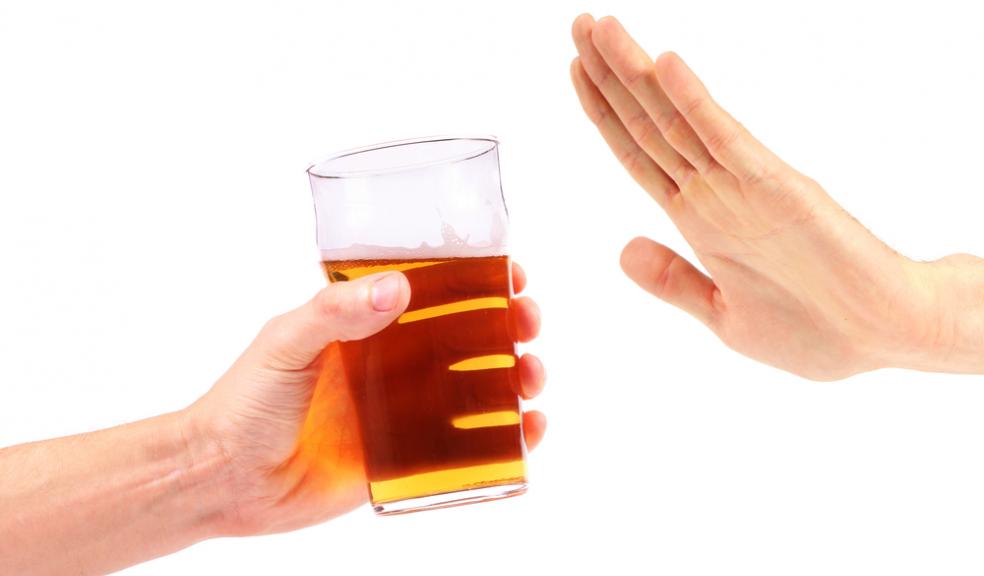
Plymouth signs up to Dry January
People in Plymouth are being encouraged to give up booze for January.
Plymouth City Council’s Public Health department has teamed up to work with the national Dry January campaign team as part of our Alcohol Strategy – and you can sign up too.
Dry January is a national behaviour change public health campaign developed by the charity Alcohol Concern and supported by Pubic Health England. It seeks to challenge people to give up drinking alcohol for the month of January. The aim is to talk about, reflect upon and ultimately curb risky drinking behaviours, whilst realising some short-term benefits (better sleep, weight loss, saving money, feeling better).
Councillor Sue McDonald, Cabinet Member for Children, Young People and Public Health for Plymouth City Council, said: “We are delighted to support the Dry January campaign here in Plymouth and are holding two events to encourage our own staff to sign up, as part of our Thrive Plymouth work. Colleagues can drop in and ask questions, get support from the national Dry January team as well as our own Public Health colleagues, and sign up to the Dry January campaign.
“Excessive drinking is one of four lifestyle behaviours – along with smoking, inactivity and unhealthy diet – that, together, contribute to 54% of deaths in Plymouth.
“Research has shown that people who sign up to Dry January are more likely to alter their drinking habits in the long term. In 2014, 17,312 people signed up online to take part in Dry January, with 80 per cent of them saying they’d cut down on the amount they’d drink for the rest of the year.”
As the 2015 Dry January campaign launches, new independent academic research by the University of Sussex shows that participants who have completed Dry January are now drinking less, and also drinking in less harmful ways.
Evidence shows six months after completing a Dry January, participants are now not only drinking less frequently and drinking less per drinking day, but they’re also getting drunk less.
The headline results after are:
• 72% of participants had sustained levels of harmful drinking six months after completing Dry January
• The 23% of people who had “harmful” alcohol consumption when they started Dry January are now in the “low risk” category
• 4% of participants were still dry six months on
• Less than 1% of participants increased their drinking
Speaking on the launch of Dry January, Emily Robinson, Director of Campaigns at Alcohol Concern, said: “The long term effects of Dry January have previously been questioned, with people asking if a month booze-free would cause people to binge drink once 1 February comes around. This research is the proof of how, with the help, advice and support we offer throughout the month, our model can really change behaviour and reduce drinking.
“Given the huge burden alcohol misuse has on society as a whole, we need the government to take action at a national level, but we also believe Alcohol Concern’s Dry January campaign can really help individuals take a positive step towards cutting down their drinking and improve their health.”
The Strategic Alcohol Plan for Plymouth 2013 to 2018 prioritises changing attitudes to alcohol and reducing levels of harmful drinking. It also forms a key part of our Thrive Plymouth initiative which recognises excessive drinking as one of four lifestyle behaviours that lead to 54 per cent of deaths in Plymouth. By signing up for Dry January we will be able to get a feel for drinking habits in Plymouth and find out how many people are signing up locally.
Find out more about Dry January as well as support and information on alcohol issues and what we’re doing in Plymouth at www.plymouth.gov.uk/alcohol











